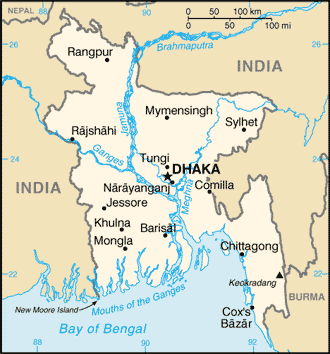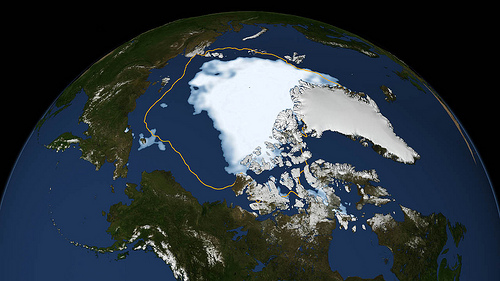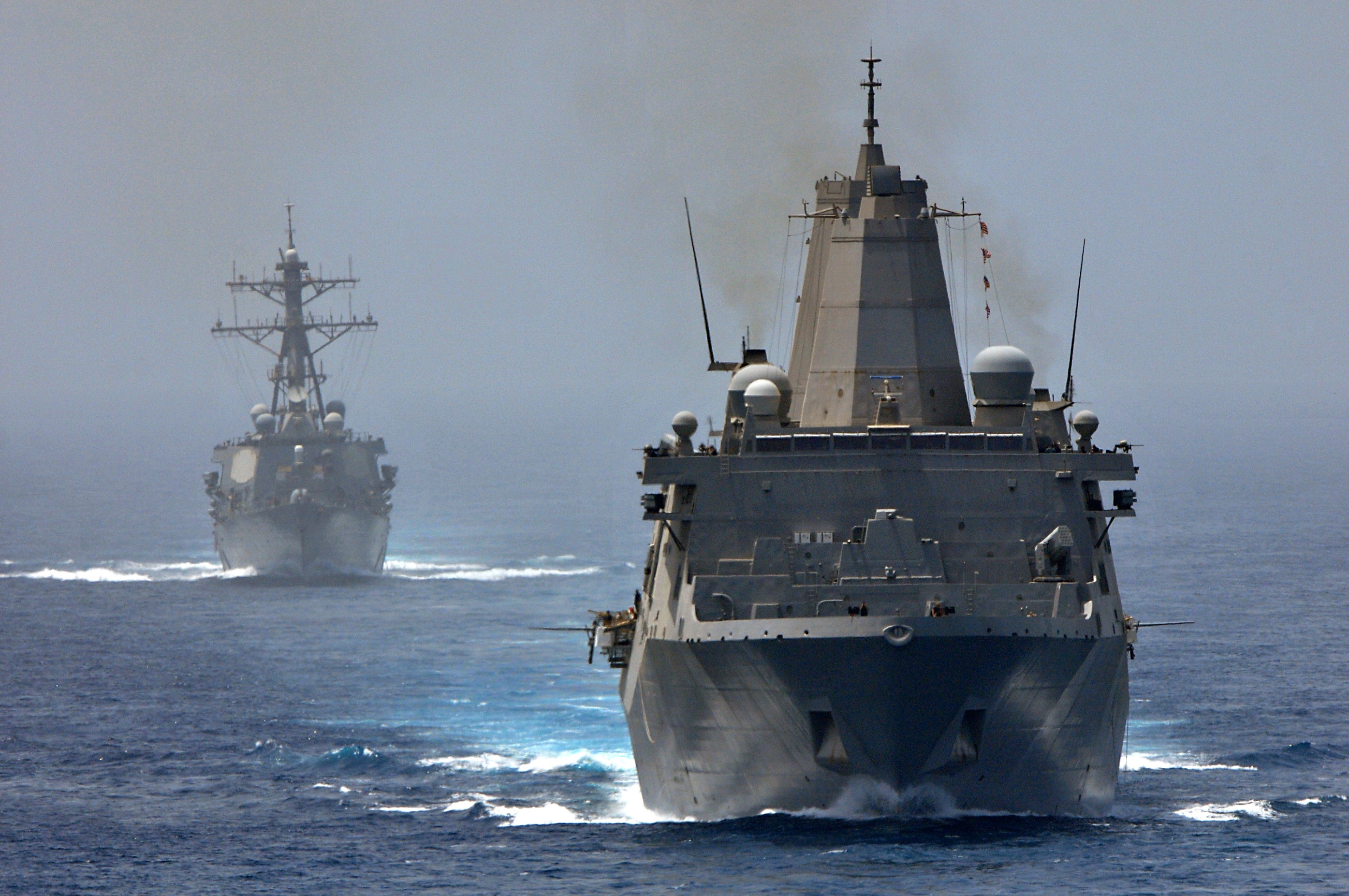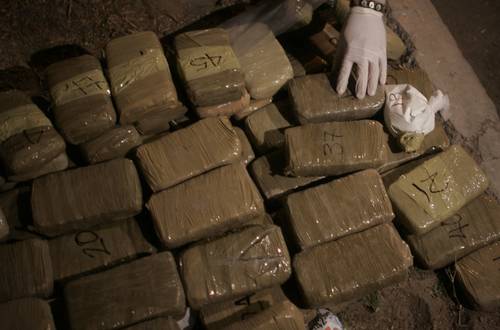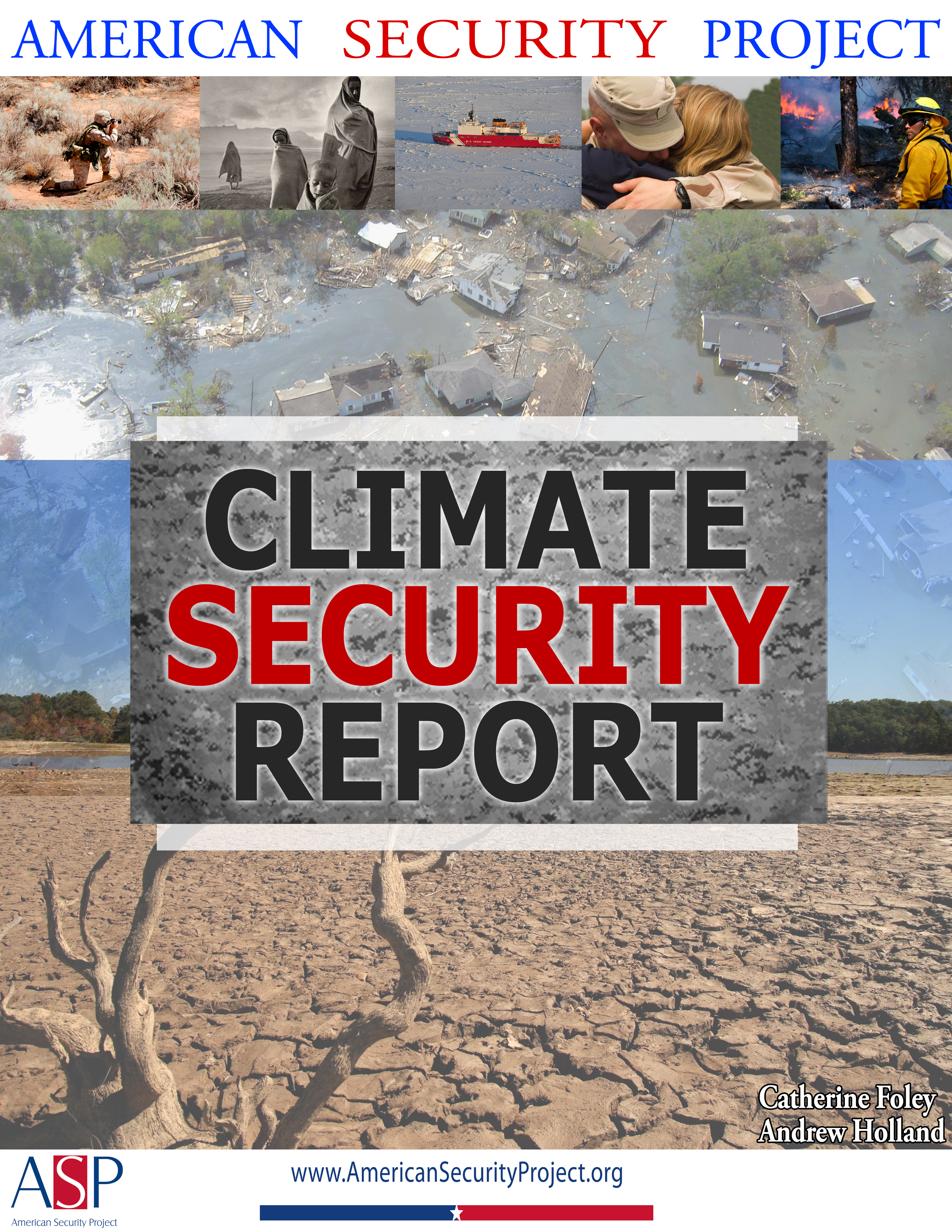Three years after ASP first released “America’s Energy Choices” in 2011, the U.S. remains stuck in a political stalemate over energy. Even so, the energy choices made years or even decades ago by politicians, businesses, and consumers have led to a revolution in how the U.S. produces energy. The reality of change in America’s energy system is far different from the stagnation of the political debate.Read more...


